A dyslexia diagnosis may result in an exhaustive list of questions concerning how dyslexia works, what it means, and what the future will look like for someone with dyslexia. Additionally, for those who have been learning with a dyslexia diagnosis for years, some new concerns may still arise from time to time. Dyslexia is complex, and as new research is published, we all continue to learn new things about this condition. ReadSource is proud to provide answers to some of the most frequently asked questions about dyslexia. Read below to find some answers or contact us if your question is not answered here!
Is dyslexia hereditary?
Many people wonder if dyslexia runs in families, especially if they notice other family members who struggle with reading or writing skills. In fact, there is a genetic component to dyslexia, meaning individuals can inherit dyslexia from their parents. While there is no specific “dyslexia gene,” parents can pass on the condition that affects the area of the brain responsible for learning how to read. Whether dyslexia is officially diagnosed or an individual has generalized challenges with reading, it may be related to the genetics of dyslexia.
How common is dyslexia?
The precise statistics about dyslexia vary, as many individuals with dyslexia may go undiagnosed, but dyslexia can affect individuals of any race or ethnicity, socioeconomic status, or intellectual background. According to the International Dyslexia Association, as much as 15% to 20% of the population has some of the symptoms of dyslexia, including slow or inaccurate reading, poor spelling, and mixing up similar words. Of the approximately 15% of the school population that qualifies for special education, up to 85% of those individuals have a learning disability related to reading or language processing.
How is dyslexia diagnosed?
If you suspect that you or someone you know has dyslexia, getting a diagnosis can be intimidating. Thankfully, the testing for dyslexia doesn’t involve any needles or painful examinations, but rather an evaluation with a medical professional like an educational psychologist. This evaluation consists of a medical professional reviewing relevant information, including oral language skills, word recognition, decoding, spelling, phonological processing, reading comprehension, family background, and more. After the evaluation, a medical professional may report an initial diagnosis of dyslexia based on the available data. There are no specific guidelines on who can diagnose dyslexia, so parents and families need to do some independent research to ensure a medical professional has the proper background in psychology and speech and language development.
Is dyslexia a learning disability?
Dyslexia is defined as a language-based learning disability because it affects how the brain processes language when it is heard, spoken, read, or spelled. Dyslexia can cause a range of challenges for students in typical educational environments and can result in students falling behind if not addressed in school. Students with more severe forms of dyslexia can often qualify for specialized education, accommodations, interventions, and support services designed to help them master reading and writing skills.
Are there different types of dyslexia?
Dyslexia is often described as a continuum of severity, with cases ranging from mild to severe. However, there is no official diagnostic list of dyslexia subtypes. Experts disagree on how to break down the different “types” of dyslexia, but they do agree that more research needs to be done to understand the different ways that dyslexia can present itself. There may not be a specific classification for types of dyslexia, but it can be helpful for a student’s support team to recognize the language skills where a student has the most trouble to tailor their treatment plan. For example, if a student has difficulty sounding words out, or decoding words, their educational interventions can be focused to improve that particular set of language skills.
Can you grow out of dyslexia?
There is no cure for dyslexia, so there is no real possibility of “growing out” of dyslexia. Individuals can, however, overcome the challenges associated with dyslexia and master language skills so that they read or write as well as or better than their peers. Children with dyslexia must learn strategies that improve their ability to read and write so they can master other language skills as they grow. The specialized education that dyslexic children receive in school can lay the groundwork that allows them to read and write successfully throughout their lives.
Whether you or someone you know has been living with dyslexia for years or received the diagnosis recently, ReadSource is here to provide answers to some of your most pressing questions. From teachers and tutors to parents and students, all of us benefit from having a more thorough understanding of dyslexia and how it impacts those around us. With opportunities for training, tutoring, and continuing education, ReadSource is proud to support and empower members of the dyslexic community. For more answers to frequently asked questions about dyslexia, explore ReadSource FAQ page or contact us.








Leave a Reply